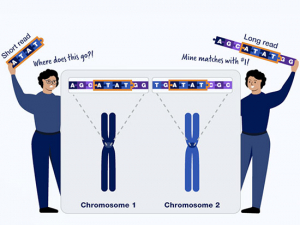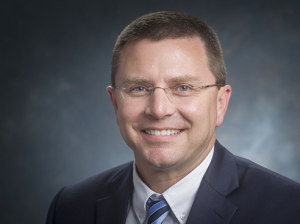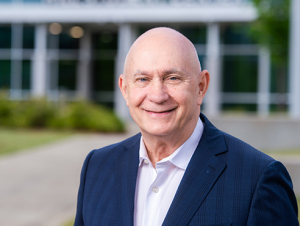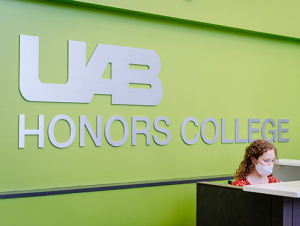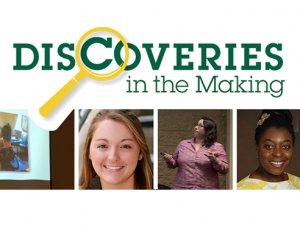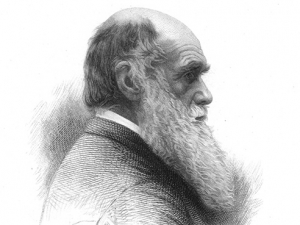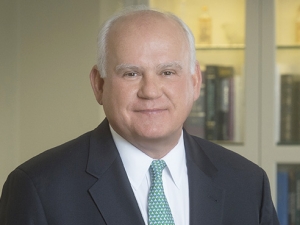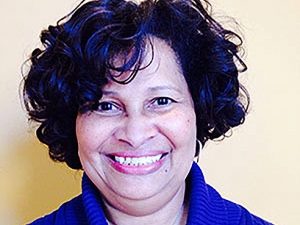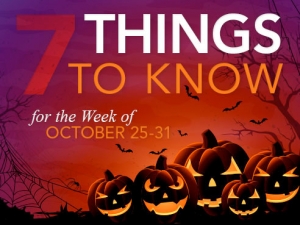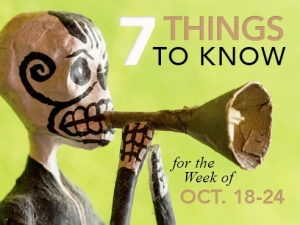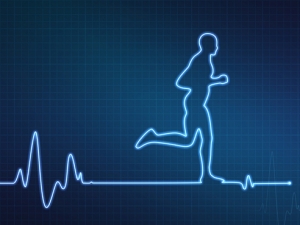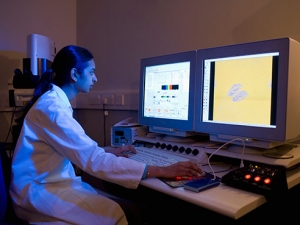More than 300 employees with 20 or more years of service will be honored during the annual Service Awards Program reception 2 p.m. April 11 in the Hilton Birmingham at UAB. Vithal K. Ghanta, Jerry G. Spenney, Joseph G. Van Matre and Richard J. Whitley will be honored for 50 years of service to UAB, and George M. Munchus III, Gregory E. Pence, Donna J. Slovenksy and Michael V. Yester will be honored for 45.
Brannan’s role to expand in support of strategic initiatives
Tom Brannan, vice president for Advancement, will take on additional responsibility to support the Office of the President and university priorities arising from the core missions of the institution.
Individuals with spinal cord injury needed for study
We are looking for individuals with spinal cord injury to participate in a home based exercise program for improving cardiometabolic health outcomes, such as body weight, blood sugar, cholesterol, and cardiovascular fitness. To qualify you must have a confirmed diagnosis of SCI at the cervical or thoracic level (C7-T12, classified as A, B, C, or D on the AIS scale), be at least 3 years post-injury, aged 19-65 years old. Participants will exercise for 16-weeks from home using an arm crank cycle ergometer and will receive $300 for completing the study. For more information, and to see if you might be eligible to join, please contact (205) 996-4114 or email at grdnfs@uab.edu
EACC’s one-at-a-time therapy option extended to all clients
The UAB Employee Assistance and Counseling Center’s One-at-a-Time Therapy option is now available to all clients — including couples and families.
Do you have a spinal cord injury predating 3 years?
Malcolm Marler, D.Min., chaplain and senior director of UAB Pastoral Care, was honored in February with the UAB President’s Award for Excellence in Shared Values.
The CAS Research Sources and Skills Toolkit focuses on efficient research strategies, evaluation of source material, appropriate techniques for documenting source material and more — and now features more pop-up activities and quizzes, plus a tour-guide function.
The Honors College Faculty Fellows program and the Summer Course Development Grant enable faculty to provide stimulating academic enrichment opportunities for honors students and enhance community within the college.

